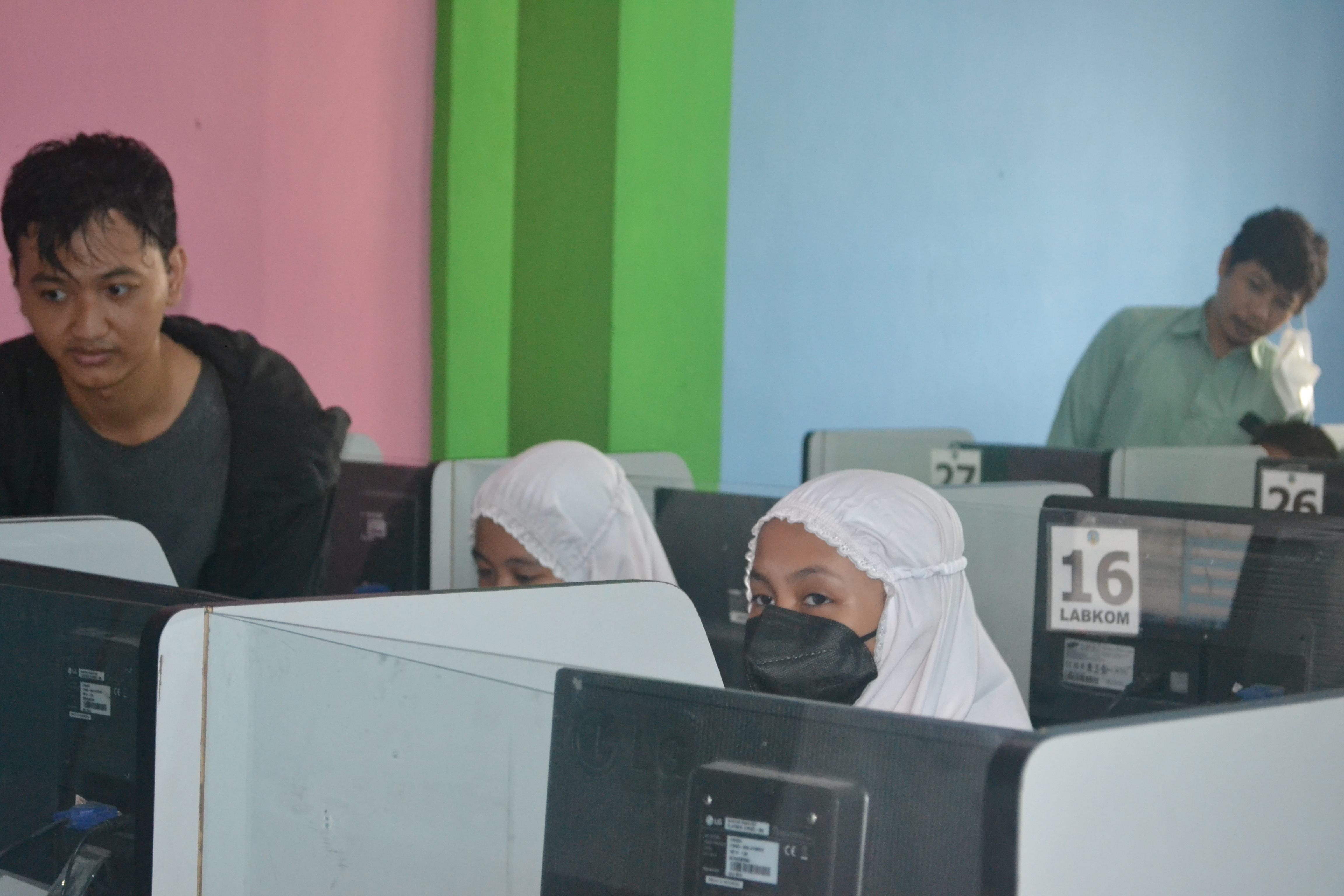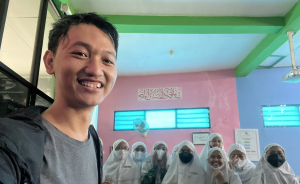I have a humble beginning. Dad was an underpaid university lecturer, and mom was teaching at a high school I attended. True, my grandpa is relatively affluent, but that's it. I grew up in a very modest house, eating quite decent food. By decent, I don't mean red meat. Eating ice cream is a luxurious experience. I constantly dreamed of eating Kentucky fried chicken. Even our rice is of lower quality. You get the idea! We "buffet" on eggs, tofu, and tempeh almost daily.
Pampered with quality education
My mom once told me when I was still a high school boy that she'd rather leave me with books than cash or estates. That remark simply sticks to my core. My parents care about my education beyond their means, at least up to high school. I got a private math tutor as a first-grader. And not just any math tutor! I was educated at a place where affluent, "pampered" Chinese kids would go. The price for such tutoring, I believe, would be skyrocketing, perhaps much more expensive than my normal school's total expenses.
In 1999 Indonesia, although most people (like my family) were so poor, the Chinese were generally richer (not always, but almost always). There are many reasons why that could happen, from Chinese people's drive to excellence up to the fact that "native" Indonesians during colonial times were treated like third-class citizens in their own land for generations, resulting in them having inter-generational economic problems. Anyway, things have changed. But there's that for context. Yet, my parents, with all their limitations, managed to send me to study math in such a luxurious place that I am not less privileged.
But that's not the only instance. I got a private English tutor too. She'd come to my house and we'd start reading a highly technical book together. On the same line, I was given the chance to enroll at IALF, a fancy English school where classes were taught by native speakers from Anglophone countries from Australia to the U.S. (alphabetically), if I may categorize those countries as such. And the price for such a school? Again, probably equivalent to all the money paid for my public education up to that point. One that would be most recognizable in shaping me as who I am is when I was given a computer tutelage at age 8. By age 11, the Indonesian Museum of Records noted me as the country's youngest programmer.
I have seen more fortunate parents around me when I grew up. Yet not many of my friends experienced things I was "privileged" with. And we were poor.
That's about me, but how about my children's education?
Benjamin Franklin once said something to disagree I cannot: an investment in knowledge pays the best interest. My Harvard education is, by extension, no pun intended, the cumulative result of the privileges I have enjoyed and the effort I put in. As a Harvard man, I think it is "normal" to want your children to be Harvardians. I believe a Harvard education is thoroughly life-changing, and I hope my kids experience such a sort of education. Hence, my life is primarily dedicated to ensuring that as many of my kids go on to Harvard.
That being said, I don't like a dictatorial style of parenting where I have absolute say over everything. I would like to give my children all control over their own lives when they turn 7, and that includes choosing their own schools and what they want to be. Simply put, I just don't accept three things: (1) being dumb, (2) being murderous, and (3) being on illegal drugs. Doing any of those three can result in the absolute termination of parenthood; it is as if we'd never known each other. To the extent that, let's say, my children were to bring drugs into Singapore, knowing such is a criminal offense punishable by death, I'd be the first to call the Singaporean police. I believe that those traits of being dumb, murderous, and drug-addicted simply don't belong in a house of educated people. And I don't want other people to be affected by my children. To me, no home is required for those who want to live the way of the streets, and saying good-bye after all would be the best way for us adults to move on. Live and let live.
So it is clear: after my children turn 7, I'll treat them as adults. I want them to go to Harvard for what I believe is their own good, but I completely won't force them.
I wish to donate things to Harvardians
Harvard has changed me for the better, and it is natural for me to want to give back. In fact, I want to give back nearly everything I have so that there'll be future generations of Harvardians working hard for the betterment of the world in which we live. Whether that's finding the cure to cancer, a more equitable law for all, or solving the climate change crisis, I wish my donation would play a part in those big works, albeit small.
The thing is, the moment my children turn 7, not only do I treat them as adults, but I also regard them as young Harvard men or women. I would "donate" my money to them. They'd have monthly stipends; the amount should be large enough that it can cover their educational needs, such as paying for their own school. So yes, they'd decide on their own which junior or higher school to attend. What if the money isn't enough, though? Well, they need to work hard to figure out how. Being a Harvardian, or a problem solver for that matter, doesn't mean that everything is provided on the table. For instance, they can join extra, and if they win a championship, I'd generously gift them. Or yeah, doing anything like working at a McDonald's, interning at a local software engineering shop, or being a golf caddy, and so on and so forth. And thus, my children would be the earliest Harvardians I donated my money to, with the big hope that they'd help solve pressing issues of the time.
In fact, my will favors those Harvard children. I will give back mine to none of my children, if none attended Harvard. In that case, all that I accumulated should belong to my school, or Harvard. But if there's any, even just one, of my children who went to Harvard, then most will be for them, with the remainder going to non-Harvardian children. The will should have a no-contest clause, which means challengers to the ruling will be excluded from being even considered as legal parties.
This post is thusly written way ahead to set up my expectations for my children since the get-go.




